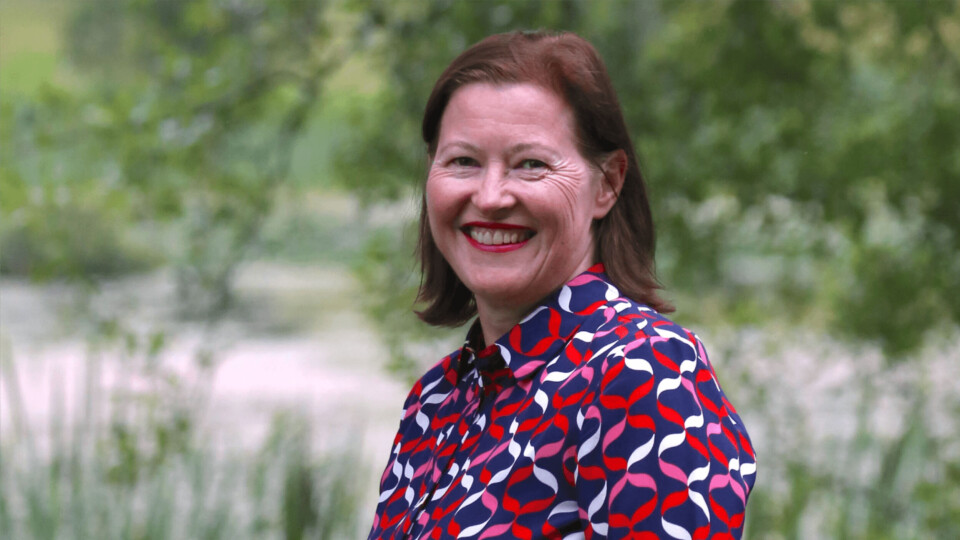
Looking back, thinking ahead: Heather Jones
Fish Farming Expert has asked individuals connected to the salmon farming industry about their year, and what they hope for in 2022. We continue the series with Heather Jones, chief executive of the Sustainable Aquaculture Innovation Centre (SAIC).
SAIC provides a link between the aquaculture industry and researchers, helping to solve problems facing the sector. How has your organisation fared this year?
It has been another busy year for SAIC. Our network has now grown to include more than 250 consortium members, underlining our important role as a fulcrum between the sector and academia throughout another period where face-to-face contact has been limited.
This year we have attracted £5 million of industry and additional public funding for a range of innovation projects covering key areas for aquaculture. For instance, the Aquaculture Insights project, which is looking at an open data platform for the benefit of the entire sector, and BREEZE, a new sustainable approach to sea lice management – both of which secured funding from the European Institute of Innovation and Technology (EIT) with SAIC’s support.
We also continued our support for Women in Scottish Aquaculture and secured a second wave of funding to re-run our successful Women Returners Programme, a coaching initiative that aims to help women get back into work after career breaks. There is more information on the January course available here.
What was the most significant event of 2021 for your organisation?
October’s International Gill Health Conference was a calendar highlight, bringing together more than 400 aquaculture professionals from all over the world to share knowledge around one of the sector’s main challenges. While we were unable to host the conference in person, the silver lining was that there were no geographical limitations on who could attend and we had representatives from the UK, Canada, Australia, South America and Europe join over the two days.
For SAIC, one of the most important activities of the year has come in the form of a new, refreshed analysis of our impact. We now have significant, independent confirmation of the tangible, real-world influence of our innovation activities and look forward to sharing more on that soon.
It was also the year in which we re-branded to the Sustainable Aquaculture Innovation Centre – reflecting our growing international focus and the crucial role our sector plays in sustainable food production.
What are the most significant challenges and opportunities for the salmonid farming industry in the coming year?
The Scottish Government is expected to launch a new ‘aquaculture vision for Scotland’ next year which could be key to unlocking the sector’s growth. While the content of this remains to be seen, my hope is that it will recognise the positive contribution the sector is making in terms of low-carbon, highly efficient, safe, and nutritious protein production and how it can serve the growing global demand for food.
This new vision should reflect and optimise Scotland’s assets – both the natural capital of our marine environment, and the human capital assets, from our university research base to the entrepreneurial spirit and innovation in the business community.
Finally, I hope that the Scottish Government acknowledges the need to encourage, promote and reward sector best practice, including investment in innovation and research that can help find solutions to global challenges facing all forms of farming.
Tomorrow: Alex MacInnes, director of Organic Sea Harvest.






















































